
Degrowth is a Planned Reduction of Useless Stuff
Degrowth is a weird and unsettling word. It sounds more intuitive in the original French— la décroissance. For some that’s the appeal, and for others that’s the problem. In any case, the basic idea is that when economies must constantly grow or die, everyone suffers.
Oil companies will constantly search for new deposits to drill and environments to befoul, companies will constantly search for new ways to squeeze productivity out of their employees, and governments will constantly look for new territories to colonize in order to secure raw materials (see the lithium scramble). While some economists fantasize that one can have green growth without increasing actual labor or material throughput, they are unfortunately deluded, victims of their own bad accounting.
What in fact happens is that the class in charge of those companies and governments continues to destroy the biophysical systems and degrade the quality of life for most people, because they are playing a game in which the point is only secondarily to meet people’s needs. Mostly it’s about winning.
To be sure, every ruling class has an ideological vision of how what they do is good for society. For today’s Silicon Valley bros, it’s about more and more completely routing our experience through apps and digital platforms so that we become something frictionless and transhuman. But they’d probably find that vision less appealing if it wasn’t tied to an industry with so much loose money sloshing around (at least until recently!).
Except for the vampires who love and feast on that kind of thing, everyone intuitively understands that this eventually makes a hellworld for everyone, whether you’re a bored, guilty, or angry consumer in the global north, a scuffling young person in the battered global south, or a comfortable success story in a boom region like China or India who can’t help but notice the increasing heatwaves and droughts desiccating the food supply.
Degrowth is a proposition to think very deeply about the basic engine of our economic world and try and retrofit it on the fly. It is very close to what we here call ecological design, because it means a planned reduction of useless stuff in the word: poison food, bullshit jobs, and obscene toys like cruises and SUVs.
It also means a planned expansion of useful and efficient stuff: public transport, public renewable energy, and more free time to do with what we will. Reducing the former without the expanding the latter is just austerity, something critics often willfully misrecognize.
Degrowth is also a sensibility with a long history in capitalist societies. It’s an undeniably romantic re-encounter with the thin strip of life on the earth’s surface (and not just its dead mineral strata), about its cycles of death and regeneration that, at the end of the day, even the most obstinate Silicon Valley dude cannot engineer his way out of (it’s almost poignant how desperately they want to be reassured that death is for other people).
You can see this in the regenerative principles of permaculture, in experiments with natural building materials that store carbon, in the struggle to protect the lives and lungs of communities in Baltimore from environmental racism, and in the simple pleasures of hanging out for a while—all preoccupations of those of us who have been involved in the Ecological Design Collective. Happy Degrowth Day!
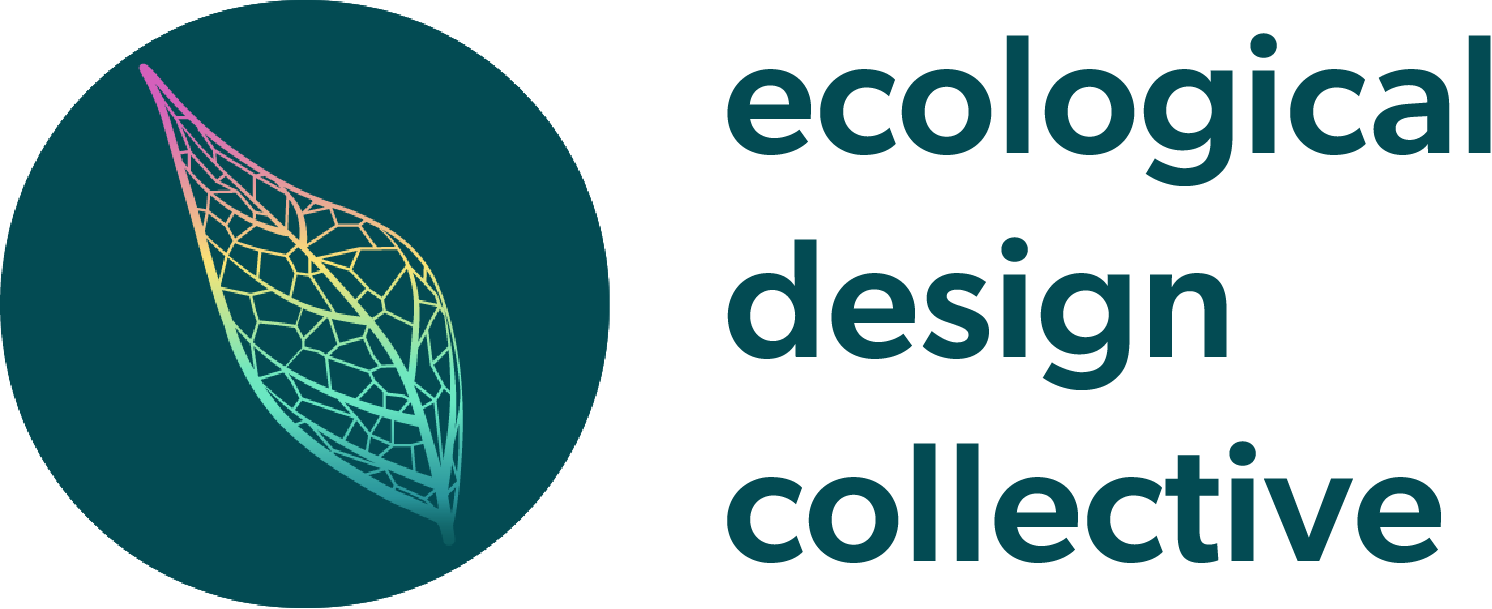

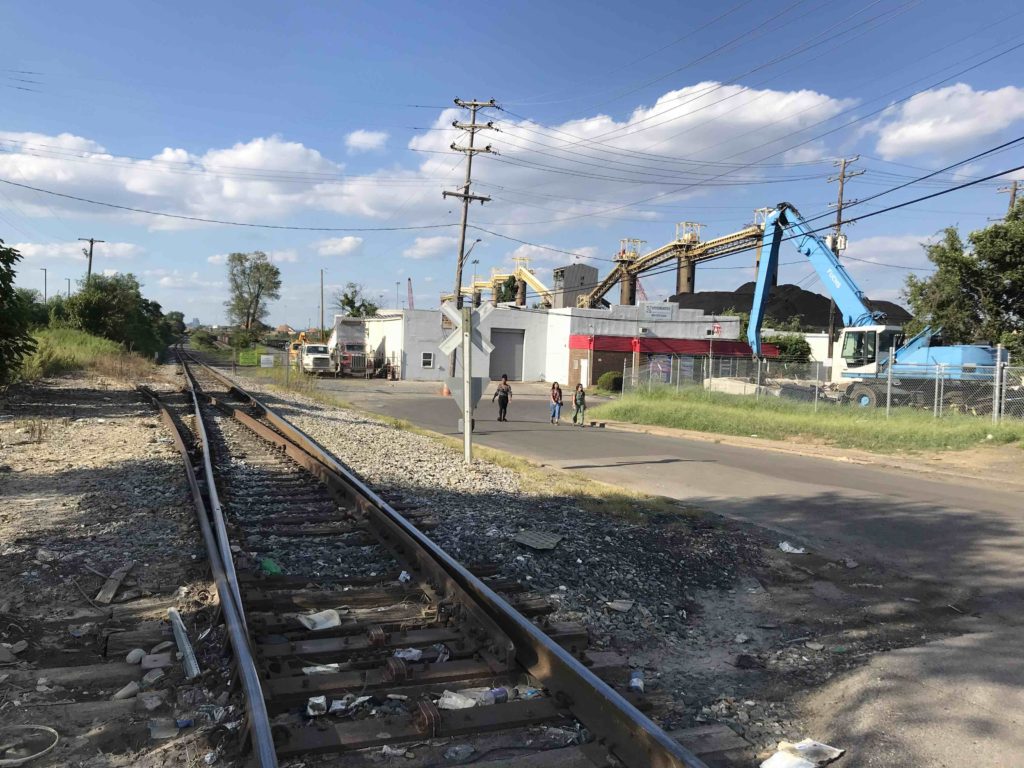
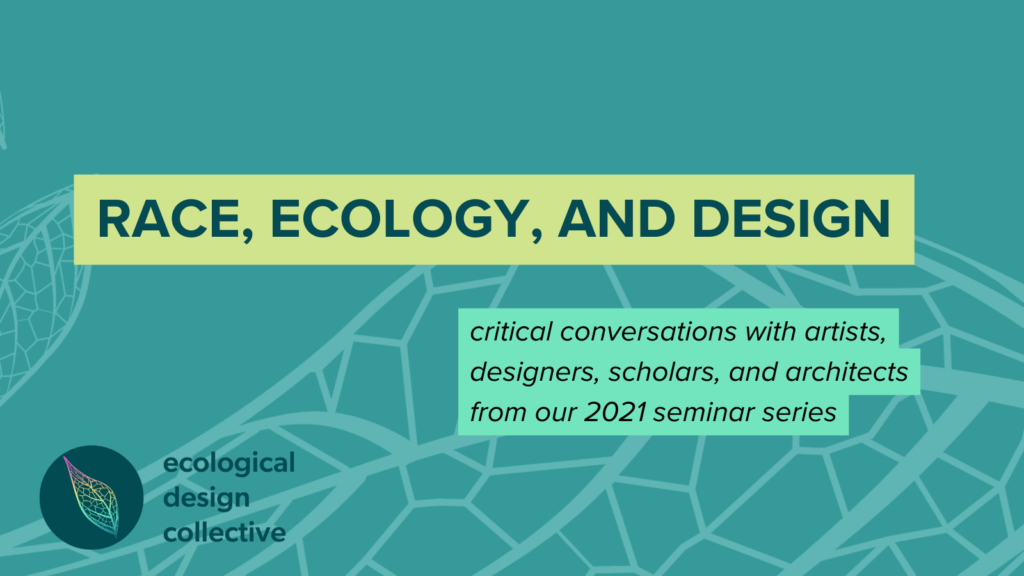
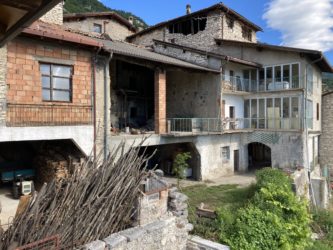
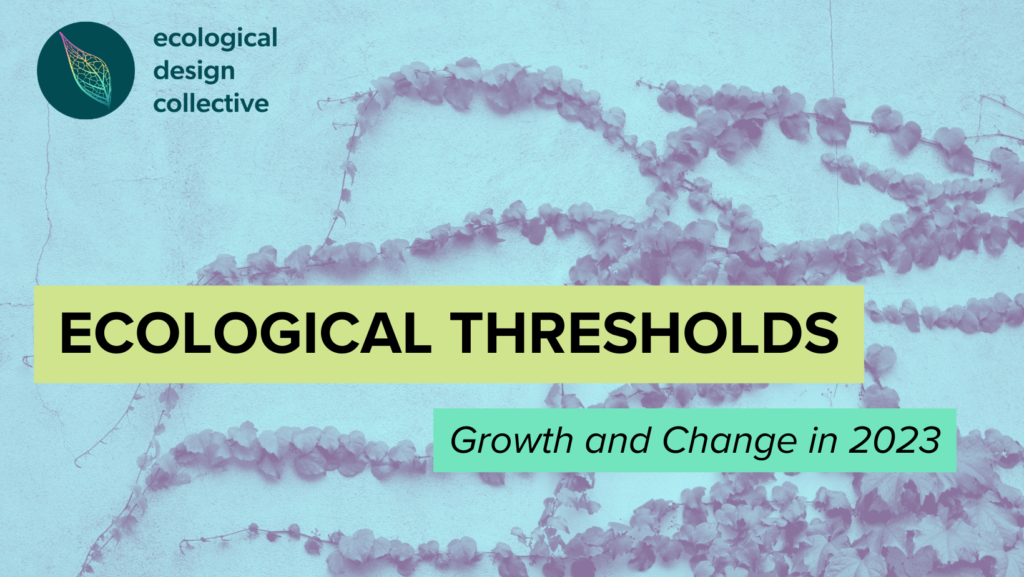

Responses